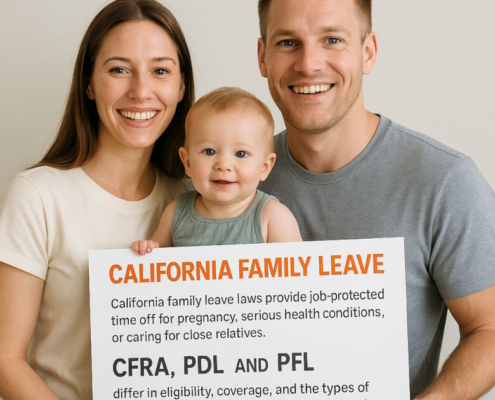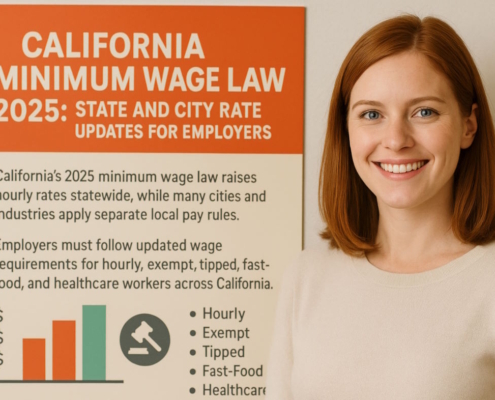Introduction
Two times per week or one time every two weeks are both acceptable definitions of “biweekly,” but most individuals use the latter. On your job calendar, a biweekly official meeting could, nevertheless, happen twice every week at times.
We’ll delve further into the definition of biweekly, explore why it can occasionally cause confusion, offer synonyms to help eliminate ambiguity, and go over more time-related terms that have the bi-prefix.
What is meant by biweekly?
While most native English speakers in the United States interpret it to signify once every 2 weeks, the term “biweekly” can apply to an event that occurs twice per week or one time every two. Most people say “two times a week” or “once in two weeks” to avoid misunderstanding.
The word weekly and the prefix bi-are present in the word biweekly. Biweekly has two different meanings: happening every two and happening twice, thus often people are confused about what it means. Weekly can be used as an adverb or an adjective to indicate once per week, depending on the context. That being said, the response to the query, “Does biweekly imply 2 times a week or once every 2 weeks?” is both.
Therefore, both meanings are grammatically right, even if the majority of people interpret it to imply once every 2 weeks. When creating documents for someone else, such as making meeting agendas, it’s crucial to give context to the term you’re employing.
A magazine or newspaper that publishes once in two weeks can also be referred to as biweekly.
Instead of spelling it “bi-weekly,” it should read “biweekly.” Unless the basic word begins with the initial I, hyphens aren’t employed following the prefix bi-.
Most often, biweekly is used in the United States. The conventional English term for “14 nights,” which is where the phrase “fortnight” originates, is used by the British people to describe events that happen once every 2 weeks. For biweekly, this is a valid synonym, but Americans who speak English don’t often use it.
Say “twice monthly” or “once every 2 weeks” instead.
Semiweekly is another word for biweekly; it simply means “twice per week.” Semi- is a prefix that denotes partially or half.
What usage does the term “biweekly” have?
The term “biweekly” is mainly employed in professional contexts to refer to the meetings’ frequency or the frequency of employee payments. Unless otherwise noted, you and your supervisor will meet once in two weeks for a biweekly meeting. In contrast, the semiweekly meeting takes place twice per week.
Understanding salary on a biweekly basis is simpler. Therefore, paychecks will be paid out once every 2 weeks, typically on the exact same day. An individual paid biweekly receives 26 paychecks annually because the calendar year consists of 52 weeks.
A newspaper or magazine that prints once every 2 weeks can also be referred to as biweekly, however, this usage is less prevalent.
Other time-related bi-prefix terms
There are several words containing the bi-prefix that are frequently mistaken, but biweekly happens to be among the most popular ones.
Additionally, bimonthly has two meanings: once every 2 months or twice every month. Even though the term “twice monthly” is most frequently used to describe an event, it’s crucial to clarify what meaning you’ve chosen when using it by giving context.
Since the term “biannual” simply refers to two times a year, it is simpler. Here, “occurring twice” is indicated by the use of the prefix bi-us. When describing events that happen every two years, use the term biennial.
Bicentennial, which denotes something’s 200th anniversary, is another word that contains the prefix bi-. Keeping in mind that bi- may also indicate “occurring every 2,” bicentennial refers to something that happens every two hundred years.
Sentences using the word “biweekly”
Here are 5 sentences that contain the word “biweekly.”
- I can write a blog post biweekly, but a weekly one is a lot of work.
- To ensure that we meet at least two times a month, let’s schedule a biweekly discussion.
- Every second Friday, you will receive your biweekly salary.
- We still remain close buddies! In fact, later today is our biweekly Starbucks meeting.
- I have a biweekly rehabilitation session; can you take me there?
Biweekly FAQs
1. What is meant by biweekly?
Biweekly can indicate once every two weeks or twice per week, however, the term is more frequently used to describe the former.
2. Does biweekly refer to once every two weeks or twice per week?
Although most Americans who speak English use it to describe something that happens on an alternate week or two times in a month, biweekly actually denotes both.
3. What other contexts does the term “biweekly” fit into?
Meeting schedules and salary cycles are the two most popular uses of the term “biweekly.” It’s widely accepted that in both situations, which typically occur on the exact same day of the week, it means once every two weeks or twice monthly.































